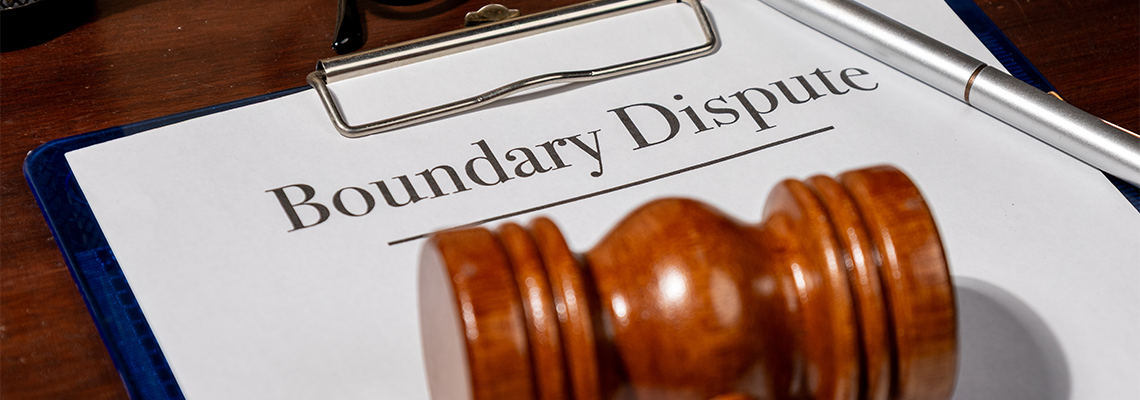Understanding Personal Injury Claims in Michigan
Personal injury claims in Michigan cover a range of situations, from car accidents to medical malpractice. We aim to clarify these points so you know what to expect.
Defining a Personal Injury Claim
A personal injury claim occurs when someone gets hurt due to another’s actions or negligence. This could be a car accident, dog bite, or even a slip and fall. The injured person seeks financial compensation for their medical bills, lost wages, and other costs. Negligence is key; we must show that another party failed to act responsibly, leading to the injury. Claims vary based on the injury and the circumstances, but the basic idea is to make the injured person whole again by covering their costs.
Michigan Law and Personal Injury
Michigan law has specific rules for personal injury cases. We follow a comparative negligence system, meaning fault can be shared. If we are partly at fault, our compensation reduces by our percentage of blame. Michigan also has a statute of limitations, usually three years from the injury date to file a claim. There are special rules for different types of cases like car accidents due to Michigan’s no-fault law. This law means our own insurance pays first, regardless of who is at fault. There are exceptions if injuries are severe or if the other driver was uninsured.
Types of Personal Injury Cases
Personal injury cases can arise from multiple situations. Some of the most common include:
Car Accidents: These are frequent and often require navigating Michigan’s no-fault insurance system.
Dog Bites: Our state holds dog owners liable if their pet bites someone, with few exceptions.
Medical Malpractice: This happens when a healthcare provider’s error causes harm.
Wrongful Death: When negligence results in someone’s death, family members can file a claim.
Product Liability: This involves defective products causing injury.
Each type involves different legal complexities, but our goal remains to secure fair compensation for the injured party.
The Claims Process
The claims process begins with hiring an attorney and ends with either a settlement or a trial. It involves several steps including initial consultation, investigation, filing the lawsuit, and negotiation. Each step is critical to achieving a fair result.
Initial Consultation and Hiring an Attorney
The first step in filing a personal injury claim is to meet with an attorney. During this consultation, we discuss the details of the incident including any injuries sustained and potential negligence. We also review the statute of limitations, which is the time period we have to file a claim.
The attorney will explain our rights and the duty of care owed by the defendant. They will outline possible compensation, both economic and non-economic damages. Common examples include medical bills, lost wages, and pain and suffering.
After the initial meeting, we decide whether to hire the attorney. If we proceed, the attorney begins working on our behalf, guiding us through the claims process.
Investigation and Documentation
Once hired, the attorney starts an investigation. This involves gathering evidence such as medical records, accident reports, and witness statements. We document everything related to our injuries and how they affect our daily life.
The attorney may also consult with experts to support our claim. These can include medical professionals, accident reconstruction specialists, or economists who evaluate the financial impact of our injuries.
The goal is to build a strong case showing the defendant’s negligence and the extent of our damages. Proper documentation is crucial for negotiations with the insurance company and for court proceedings if necessary.
Filing the Lawsuit and Pre-Trial Actions
If a settlement is not reached with the insurance company, the next step is filing a personal injury lawsuit. This formal process begins with the attorney submitting a complaint to the court. The complaint outlines our claims and the alleged negligence of the defendant.
After filing, both parties engage in pre-trial actions. These include discovery, where each party exchanges information and evidence. Depositions may be conducted, where witnesses give sworn statements.
These pre-trial actions help both sides understand the strengths and weaknesses of the case. Negotiations often continue during this phase in hopes of reaching a settlement before going to trial.
Negotiation and Settlement
Negotiation is a critical part of the claims process. Our attorney negotiates with the insurance company to reach a fair settlement. We must consider both our immediate needs and long-term impacts, such as future medical treatments and economic damages.
Sometimes the initial offers are low, requiring multiple rounds of negotiation. Our attorney uses evidence gathered during the investigation to argue for fair compensation.
If both sides agree on a settlement, the case concludes without a trial. Settlements can be beneficial as they provide compensation quicker and avoid the uncertainties of court. However, if a fair agreement cannot be reached, we may proceed to trial for a final resolution.
After Filing the Claim
Once we file a personal injury claim in Michigan, we need to prepare for the court trial and understand how compensation works.
The Role of the Court Trial
In a personal injury lawsuit, the trial is a key step. The plaintiff and defendant present their cases before a judge or jury. We, as the plaintiff, will need to provide evidence of our bodily injury and medical treatment. This might include medical records, witnesses, and expert testimonies.
Economic damages like lost wages and medical expenses are calculated based on actual costs. We also present evidence of non-economic damages. This could be pain and suffering or emotional trauma. Both sides will argue their points, and the jury or judge decides if the defendant is liable and what compensation we should get.
Receiving Compensation and Post-Trial Actions
If the court rules in our favor, we are awarded compensation. Compensation can include both economic and non-economic damages. Specifically, we might get funds for medical bills, lost income, and pain and suffering.
Post-trial, the defendant may be required to pay the awarded damages immediately or through a structured settlement. If either party is unhappy with the decision, they can appeal. This could delay receiving our compensation but might lead to a higher or lower amount. It’s important to follow through and understand how any awarded amounts will be distributed.



